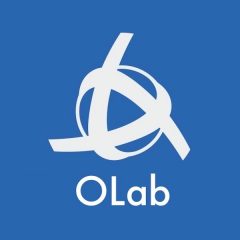The approaches for journal publications of scholarly output from OHMES members are pretty straightforwards. There are a number of open access journals that are quite helpful. We have noted several of these resources on:
Writing Resources & Information Technology Exchange (WRITE) — this is an online web-brain, a dynamically linked set of resources with helpful annotations.
For some materials, such as virtual scenarios and learning objects, it is a little harder to publish the actual materials in a manner that is recognized as officially citable. Here are some suggestions on resources that you might find helpful.
Traditionally, the data repository for such things at UCalgary was DSpace: https://dspace.ucalgary.ca/submit — if you have a UCID, you can still use this, via the PRISM service. But it is now rather clunky and unreliable, and not cleanly maintained. You can edit a lot of the metadata associated with DSpace but it is hard to do so. Not friendly.
More recently, ResearchGate has made such things easier: https://www.researchgate.net/ — this is a free and easy to use service. No cost to create an account. It has some Social Media elements to it. But for the purposes of this note, you can also upload documents, technical reports and other materials. For some of these, you can generate a doi and make the material more easily citable.
For PowerPoint presentations, there are a number of options. The commonest is SlideShare: https://www.slideshare.net/ — this was open but is now owned by LinkedIn and there are questions about the rights that you give up with this service.
For educational objects and datasets, we have recently been exploring Harvard Dataverse: https://dataverse.harvard.edu — this is also free. You can either use the master dataverse that is hosted by Harvard, or you can create your own dataverse for your group. We have created two so far: https://dataverse.harvard.edu/dataverse/olab for general OLab related documents, files and cases; and https://dataverse.harvard.edu/dataverse/openlabyrinth for materials that are more specific to projects that use OpenLabyrinth v3. This service is quite powerful but is still a little glitchy in use.

